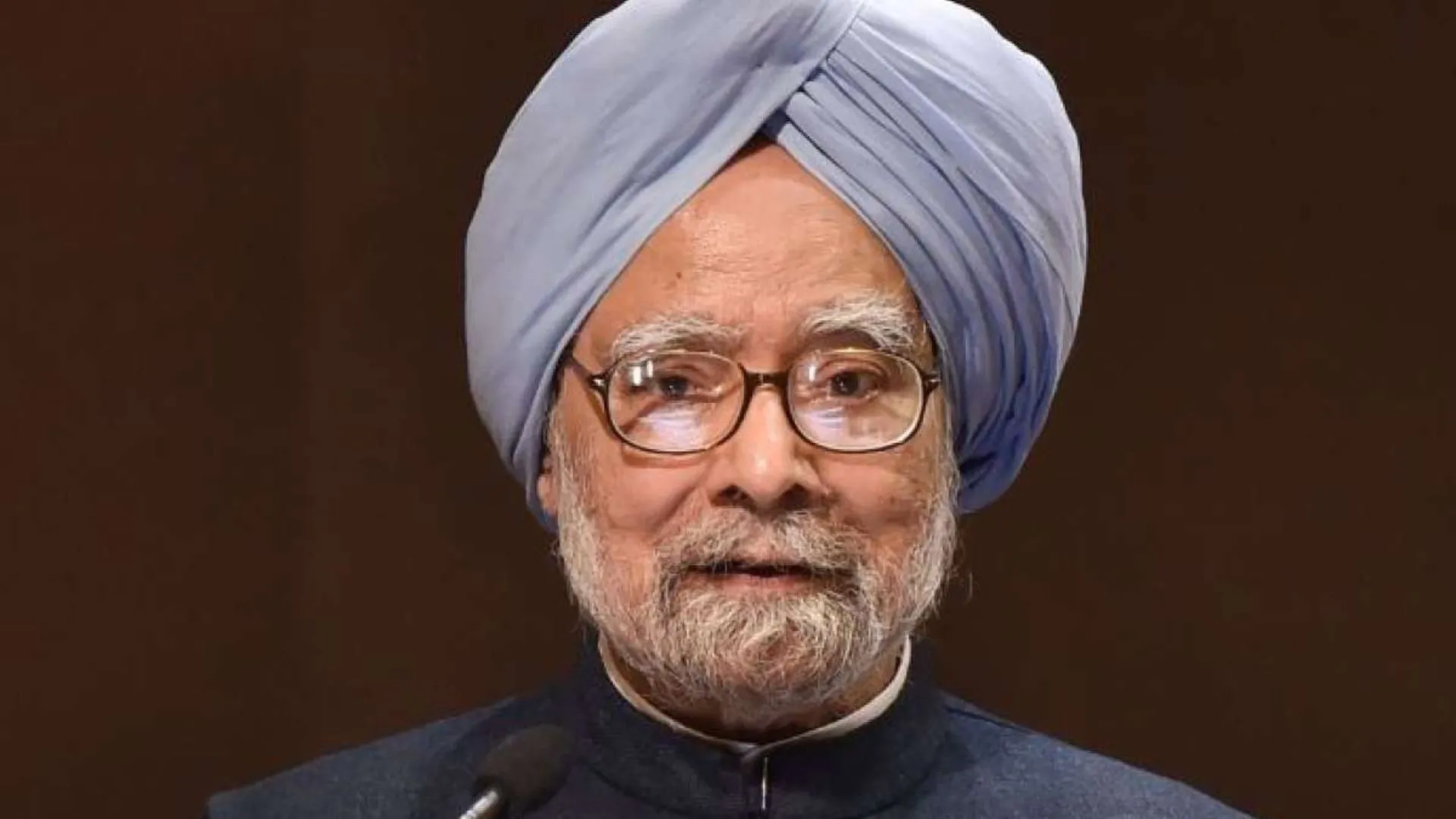Change is the only constant that drives our life towards growth. Looming in the coronavirus pandemic, the healthcare system of India has been on a transformative journey over the last couple of years. The competency of healthtech proved itself for the first time during the pandemic. When hospitals and local clinics became life-threatening zones due to skyrocketing Covid cases, the people who were suffering from other illnesses turned to telehealth.
When people were locked in their homes, fighting their own battle against all those pathogens, the healthtechsector attempted to connect them with the fragmented medical community. The fact that India is the 3rd largest smartphone market in the world has been a big support for the healthtech system to grasp a strong foothold. The current significant role played by digital devices in people’s lives became the means to reimagine a virtual healthcare management system. The ever upgrading digital healthcare is completely revolutionizing the healthcare system for the betterment of people and the nation as a whole.
The patient-centric approach
The on-demand healthtech system has made people more oriented towards their health. With all their health data at their fingertips and the option to consult doctors online — anytime, anywhere, people have become focused on self-care more than ever. There is a noticeable decline in the number of cases where patients would avoid consultation, as now it can be arranged as per their comfort.
The 24/7 availability of doctors is now enhancing the scope of preventive care while minimizing the chances of diseases reaching their severe stages. With patients becoming more conscious of the quality and cost of healthcare, hospitals and other healthcare providers have begun to emphasize delivering more personalized treatments.
Expanded reach of the healthcare
Limited medical facilities and insufficient manpower had always forced patients from remote areas to travel to metropolitan cities in search of quality treatments. The huge crowd in the premises of AIIMS hospitals has been a clear proof.
Healthtech has strengthened the care delivery system in such rural areas where doctors’ availability was a huge challenge. It has prominently improved the situation for patients who are aged or suffering from chronic conditions by furnishing in-home patient monitoring services. Additionally, technology has also been a boon for doctors, from the standpoint of obtaining case management support by specialists. One-click case history of patients is the easiest means to share data and get suggestions from peers.
Sensors, wearables, and implantables came with the biggest advantage
These electronic devices help doctors monitor patient health and keep track of vital signs via smartphoneconnectivity. Empowering medical professionals to keep a real-time update on a patient’s situation and providing timely remote care has been a successful change for the healthcare industry.
AI is shaping the future of medicine
Human intelligence has come together with artificial intelligence to create a healthcare system that releases the burden of doctors from administrative tasks and promotes precise diagnosis. Complimenting the efforts of doctors, AI-enabled care helps to define and decide the treatment regimes for patients suffering from complex diseases. The databases generated out of the entire AI integrated system have the potential to shape the foundation of predictive healthcare.
The present growth of the telehealth sector is just the beginning of many more advancements which are yet to revolutionize the healthcare industry.
Docty, a Telehealth Startup is helping people access integrated healthcare — regardless of their geography, through online consultations. Keeping the patient’s safety at core, this platform aims to strengthen the three pillars that are the biggest concerns of our healthcare system, i.e., Availability, Affordability, and Accessibility.
Improving transparency while maintaining quality healthcare has been the motto of this data-driven human-centric telehealth platform. The purpose is to serve convenience in healthcare appointments and digitizing records. With a customizable search function, the portal allows patients to explore and find the best-suited doctor for themselves instead of compromising with the locally available medical professionals. Docty has embraced the smarter way of healthcare and it has been an uphill climb of success for its users as well as the doctors associated with the platform.
Dr Priti Shukla (MS, MCH, Plastic Surgery) is the founder of Hyderabad’s Ambrosia Clinic, and a perpetual user of the Telehealth App, Docty













